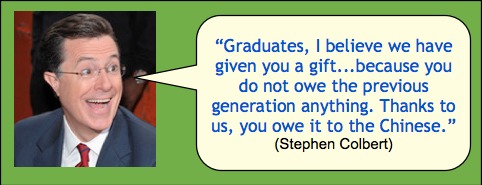j p lundstrom wrote:A respectful pause for the death of a gifted human being.
Lest we forget
j p lundstrom wrote: I'd wager a guess that it even seems condescending to some people. .
----------------------------------------------------------------
Excerpt - 'To Kill a Mocking Bird' by Harper Lee Chapter 11 Page 107
"Scout," said Atticus, "nigger-lover is just one of those terms that don't mean anything—like snot-nose. It's hard to explain—ignorant, trashy people use it when they think somebody's favoring Negroes over and above themselves. It's slipped into usage with some people like ourselves, when they want a common, ugly term to label somebody."
"You aren't really a nigger-lover, then, are you?"
"I certainly am. I do my best to love everybody... I'm hard put, sometimes—baby, it's never an insult to be called what somebody thinks is a bad name. It just shows you how poor that person is, it doesn't hurt you."
----------------------------------------------------------------------
Condescending indeed. Downright cringe-worthy IMO - Okay so the author is moralizing, teaching us about racism and fighting the good fight and that is a noble cause, a great message. But what a blunt and clunky way to convey the point. As unsubtle and contrived as a fender-sticker.
Talk about 'show, don't tell'! This has to be a classic example where prose should show us a view of racism via premise within a scene rather than cram the 'tell' message straight down our throats in case we don't have the capacity to understand anything shown within a story.
The passages above are as wooden and contrived as sanctimonious moralizing within a government information leaflet, IMO
Great stories, the ones I love always make me feel and care about something without actually mentioning the 'thing' directly... rather than directly telling me what to think and feel.
If Lee had written a Gothic Horror Vampire novel in the style of Mocking Bird.....
"You are really a neck biting half bat, half human, on the side of evil who sleeps by day in a coffin, then, are you?"
"I certainly am. I do my best to bite everybody... ."






